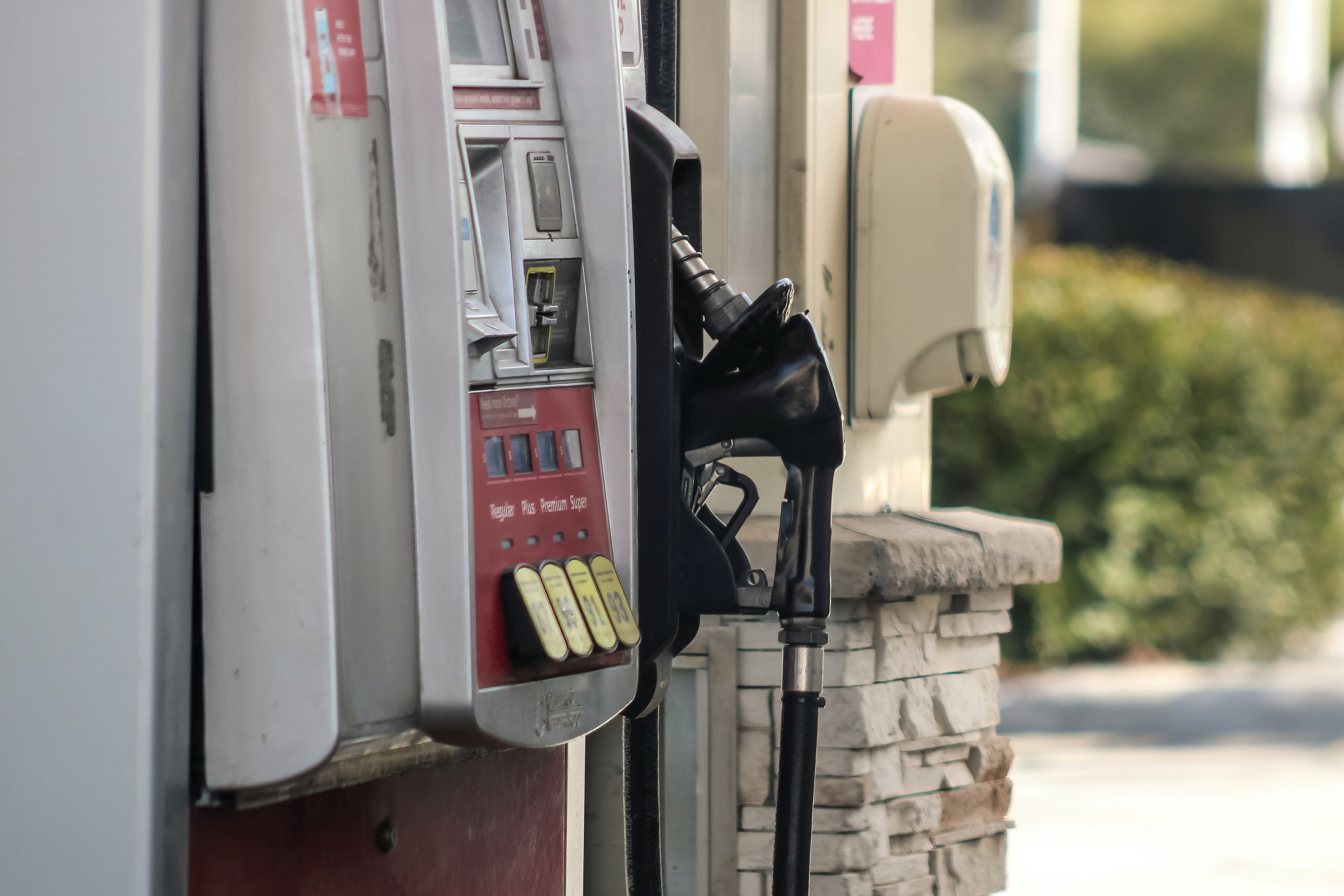Increasing fuel and travel costs are causing more financial concerns amongst Australian Households

According to the latest “Drive” article on rising fuel prices, new data is showing concerns amongst Australian households households with the average weekly spend on travel increasing in cities. There is also financial pressure with statistics showing motorist spending more and more in some areas than others.
If we didnt know already, Australia is experiencing increases in inflation, interest rates, and taxes which is now only relevant that fuel and travel expenses are increasing as well. Budgeting for weekly transport costs is now becoming more and more important with the need to spend more money on travel. The Australian Automotive Association (AAA) have captured the latest figures showing the average household is spending around $381 per week on transport, a figure that is upwards from around $367 in 2021 for the same period.
Representing insurance giants that include RACQ, RACV, and NRMA, The AAA published data from the third quater period of the year (July to September) which included average costs for fuel, car and insurance, maitenance and servicing, registration and licensing, public transport and tolls. Motorists in the heart of the country, Alice Springs, were once again hit with the biggest rise of costs amongs all capital cities and regional centres within Australia. Approximately $7 to $377 was the whopping increase in the average weekly budget for transport.

Australian households have recorded to spend around 15% of their weekly income on transportation with figures not looking like that are going to slow down any time soon. For those living off the mainland, Launceston and Hobart have been recorded as highest in the country with their average weekly spend hitting around 18%. However there is some hope for those that own diesel cars with prices looking to remain steady for the next period as petrol looks to climb. The average diesel prices in New South Wales have stayed relatively stable around $2.20 per litre but has also increased from around $1.60 per litre litre from the start of 2022.
